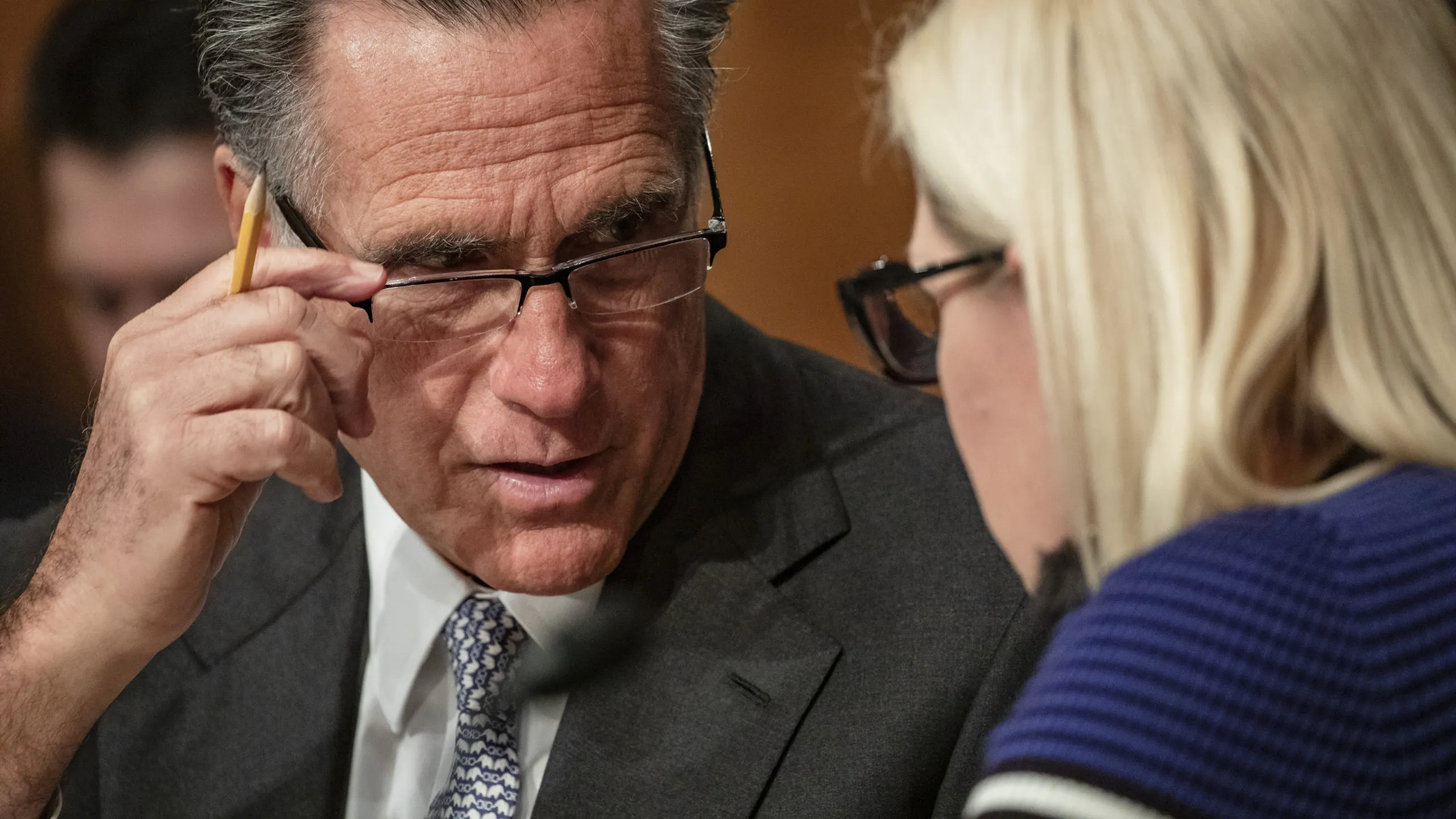A bipartisan group of senators has resolved remaining differences on a roughly $1 trillion infrastructure deal.
Last month, President Biden and a handful of Democratic and Republican lawmakers unveiled the Bipartisan Infrastructure Framework — a $1.2 trillion compromise on President Biden’s $2.7 trillion American Jobs Plan. The new package removed most spending on healthcare and other items unrelated to physical infrastructure — which drew frustration from progressive lawmakers such as Rep. Alexandria Ocasio-Cortez (D-NY).
On Wednesday, members of the Senate told reporters that remaining disagreements have been sufficiently addressed.
“We now have an agreement on the major issues,” said Sen. Rob Portman (R-OH) to reporters on Wednesday. “We are prepared to move forward.”
“We’ve got a deal,” added Sen. Kyrsten Sinema (D-AZ). “We’re finishing up some language, but we’ve got a deal.”
The Wall Street Journal explained:
Senate Majority Leader Chuck Schumer (D., N.Y.) told lawmakers to be ready for a vote as soon as Wednesday night to open debate on the package. A similar vote had failed last Wednesday.
Mr. Portman said the agreement was expected to include $110 billion for improvements to roads and that it would be fully paid for with sources of revenue. Sen. Susan Collins (R., Maine) said the legislation would include $65 billion for expanded access to affordable broadband Internet, though she noted she was still completing some details with Sen. Jeanne Shaheen (D., N.H.)
Democrats were expected to meet to discuss the agreement in the early afternoon, but those in the bipartisan group said they were confident the deal would be completed Wednesday.
The advancement of the infrastructure deal emerges as Democratic lawmakers attempt to pass a $3.5 trillion spending package — which contains elements of other domestic spending proposals from President Biden such as the American Families Plan — through Congress without Republican support. The deal does not include the Bipartisan Infrastructure Framework and would therefore add another $1 trillion of federal spending.
Analysts at the Committee for a Responsible Budget doubt that the Democrats’ $3.5 trillion cost projections are accurate:
While the actual cost of this new legislation will ultimately depend heavily on details that have yet to be revealed, we estimate the policies under consideration could cost between $5 trillion and $5.5 trillion over a decade, assuming they are made permanent. In order to fit these proposals within a $3.5 trillion budget target, lawmakers apparently intend to have some policies expire before the end of the ten-year budget window, using this oft-criticized budget gimmick to hide their true cost.
Some of the largest items in the Democrats’ budget are an extended child tax credit, community-based health services, clean energy and vehicle tax incentives, funding for higher education, and affordable housing investments — which call for $1.1 trillion, $400 billion, $330 billion, $285 billion, and $190 billion respectively.

.png)
.png)

